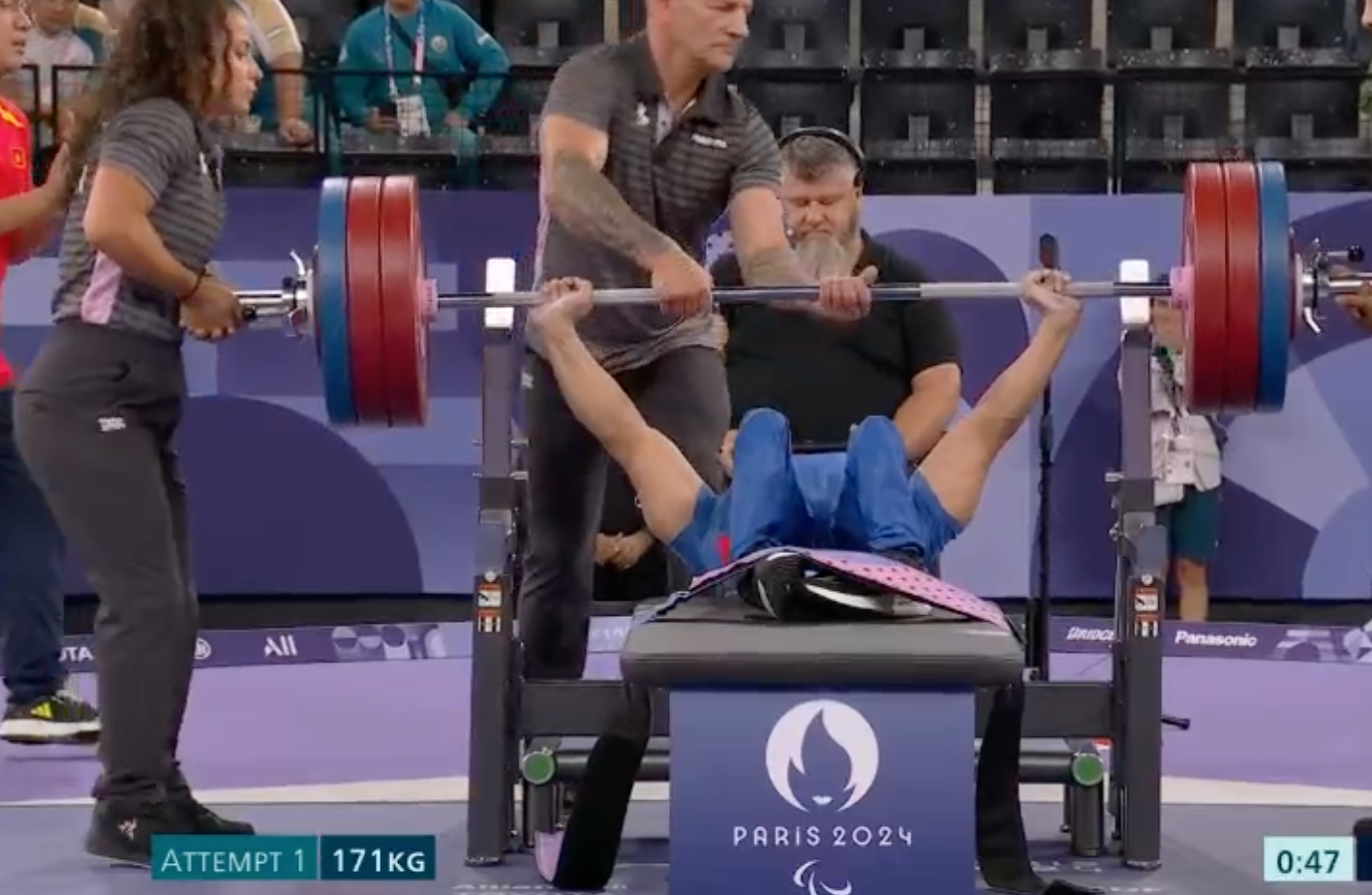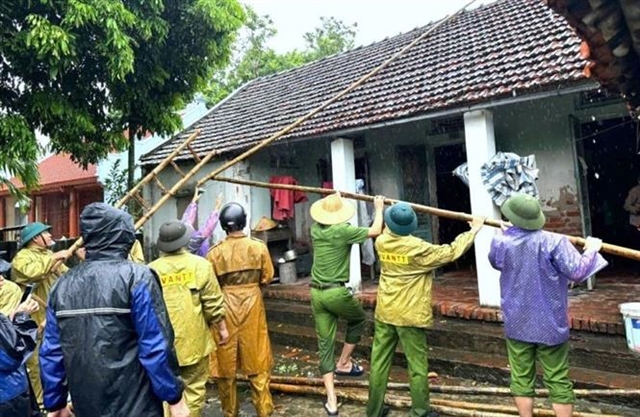▌Câu trả lời hay nhất
Themột trận bóng rổ có bao nhiêu người government is expected to issue specific resolutions and guidelines for ministries to develop cultural industries and make them a pillar of the economy.

Following the first nationwide conference on a panoramic view of the cultural industries and ways to make them a main pillar of the national economy, Tran Hoang, Head of the Department of Copyright under the Ministry of Culture, Sports and Tourism, spoke to The Hanoi Timesabout the importance of copyright protection for cultural industries.
Removing bottlenecks in cultural industries
What do you think about the results of the recent conference on the development of cultural industries?
During the conference, stakeholders, including regulators, associations, experts, artists and enterprises evaluated the performance of cultural industries; shared good models and creative ways of managing and investing in cultural industries; identified barriers, challenges and proposed directions, and solutions to remove difficulties and ways for cultural industries to thrive.
Based on the results of the conference, the Government and the Prime Minister will provide direction and guidance for the focused development of cultural industries while assigning specific tasks to each public stakeholder. Provinces and cities are expected to come up with solutions, mechanisms and policies for cultural industries to grow in proportion to Vietnam's potential and advantages. We hope all these steps will be institutionalized through government resolutions and specific guiding documents.
Close cooperation between ministries is essential in this effort to work out special policies for the development of cultural industries.
 |
| Hanoi leads the country in cultural development. Photo: Khanh Huy/The Hanoi Times |
What do you think about the development of cultural industries in Hanoi?
Cultural industries contribute to saving resources and promoting and combining natural, cultural and national identity elements. Hanoi leads the country in cultural development. Recently, I was very impressed by the Hanoi Creative Design Festival, the highlight of which was the Heritage Train, featuring installation art exhibitions and a 10-minute train ride from Long Bien to Gia Lam Train Factory, an industrial heritage of the capital.
At Gia Lam Train Factory, people had a chance to enjoy 10 art exhibition spaces displayed in the factory's workshops, with many impressive pieces. The event was successful and drew great attention from the public, especially young people.
 |
| Visitors enjoy the exhibition at the Gia Lam Train Factory. Photo: Khanh Huy/The Hanoi Times |
The Prime Minister's Decision No.1755 on the development of cultural industries covers 12 sectors. So, which one will be focused and prioritized in the coming period?
The strategy of developing cultural industries, according to Decision No.1755, includes advertising, architecture, software and entertainment games, handicrafts, design, cinema, publishing, fashion, performing arts, art, photography and exhibitions, television and radio, and cultural tourism.
We continue to promote these cultural industries; ensure the role of advanced culture imbued with national identity and unleash resources for the development of cultural industries in the context of our country's increasingly deep integration, pay attention to solutions to increase the contribution to GDP and socio-economic development of cultural industries.
In addition, the Ministry of Culture, Sports and Tourism has proposed to focus on six areas where Vietnam has potential and much room for development: cinema, cultural tourism, performing arts, design, software and entertainment games, and handicrafts.
In your opinion, what obstacles does Vietnam face in developing cultural industries like other countries in the region?
Each of the 12 cultural industries has specific shortcomings and limitations. Overall, we have barriers in terms of mechanisms and policies, especially investment incentive mechanisms, taxes, and support from the very beginning, because investment in culture requires huge resources while the returns are uncertain.
The second is the problem of how to use culture for economic purposes while preserving national identity and maintaining national soft power.
The third is human resources, a very important factor that needs attention in terms of training, career guidance, and remuneration policies for people working in the field of culture and creativity.
There are also limitations regarding promotion, branding, and other issues.
Protect copyrights to get ahead in the big market
 |
| Tran Hoang, Director of the Copyright Department, emphasizes the importance of copyright protection in the cultural industries. Photo: The Hanoi Times |
How do you assess the importance of copyright work in the development of cultural industries?
The development of cultural industries requires three important elements: creators, units-organizations-enterprises, and especially the protection of creative values, that is, the protection of copyright.
We already have a legal framework for copyright. Specifically, in 2022, the National Assembly promulgated the law amending and supplementing some articles of the Intellectual Property Law; in 2023, the government issued Decree No.17, which details some articles and measures to implement the Intellectual Property Law on copyright and related rights. We are advising on the adjustment and amendment of Government Decree 131, which establishes penalties for administrative violations of copyright and related rights.
In this way, we can use specific tools to raise awareness about copyright and improve the effectiveness of copyright enforcement. This is a key issue to protect creative products and promote the development of cultural industries.
What does Vietnam's participation in international copyright enforcement treaties mean?
Vietnam is intensifying international cooperation in copyright protection. We have joined many associations and signed many treaties in this field. In addition to learning from foreign experience, we have a very important legal foundation to protect Vietnam's creative intellectual property.
Vietnamese enterprises and individuals should be aware of this when doing business in foreign markets.
Thank you for your time.











